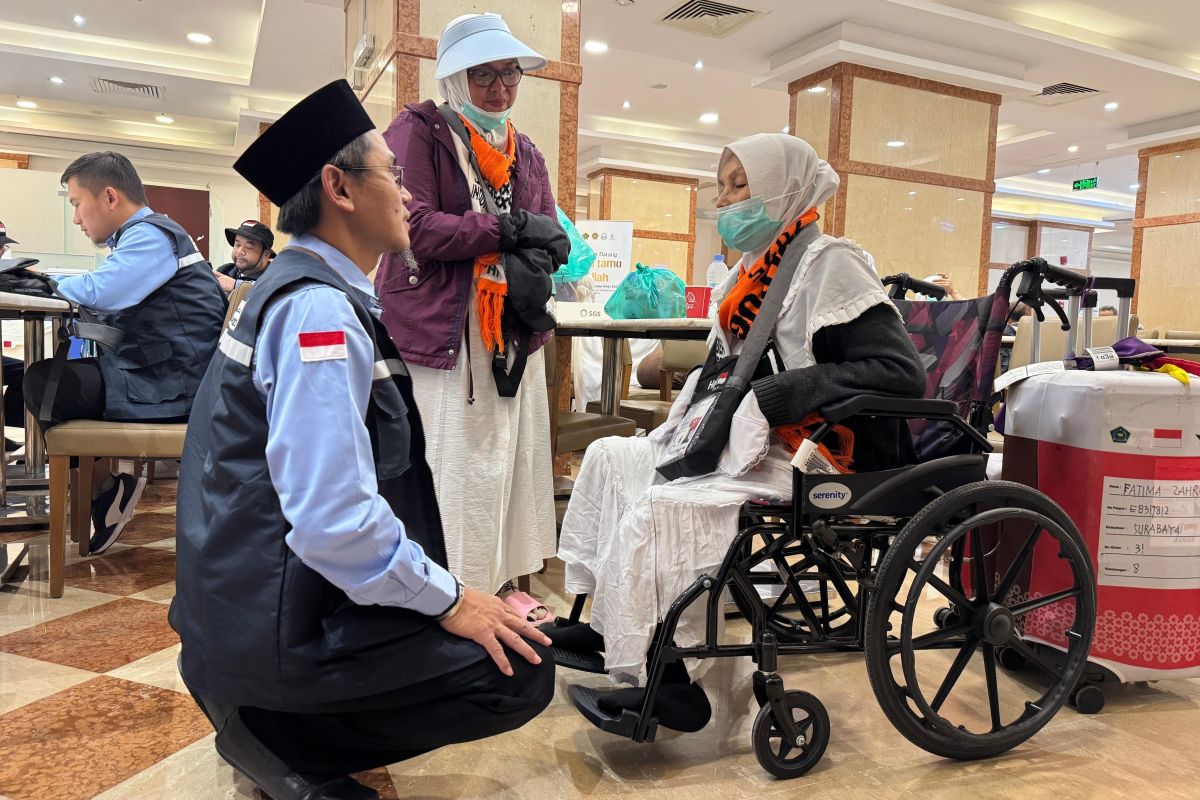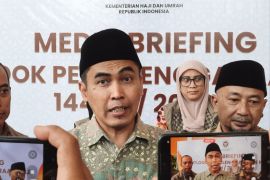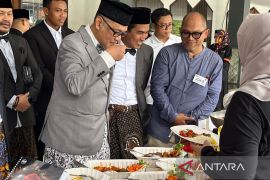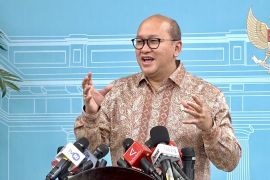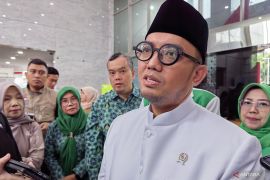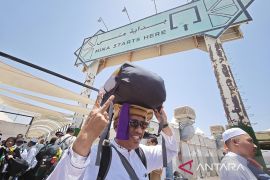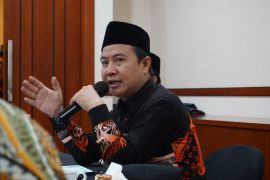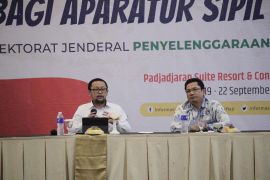This year, over 1.83 million Muslims are expected to perform Hajj worship simultaneously at the Great Mosque of Mecca (Masjid al-Haram), Arafat, Muzdalifah, and Mina in Saudi Arabia.
The challenge lies in the fact that core Hajj rituals are only considered valid when performed at specific times and locations.
Tawaf, or circling the Kaaba seven times counterclockwise, must be done at the Great Mosque; wukuf, or standing at Arafat, must occur from noon to sunset; and sa’i, or walking seven times between Safa and Marwa hills, is also required.
Furthermore, other Hajj obligations, such as overnight stays in Muzdalifah and Mina and the stoning ritual (jumrah), must be performed on the 10th of Dhu al-Hijjah of the Islamic calendar and the following days of tasyrik (11–13 Dhu al-Hijjah) in very limited areas.
This tight schedule, within less than a week, puts immense physical and emotional pressure on pilgrims.
Due to the complexity of its implementation, Hajj management demands meticulous precision and attention.
Both Saudi Arabian authorities and nations sending pilgrims also face substantial challenges in implementing the Hajj. As one of Islam’s five pillars, Hajj is a lifelong aspiration for 2.04 billion Muslims worldwide, including those with disabilities.
This year, Indonesia sends the largest Hajj contingent, comprising 221 thousand pilgrims, including 513 persons with disabilities.
In recent years, the Indonesian government has striven to pay significant attention to elderly and disabled pilgrims. Hence, this year, the Ministry of Religious Affairs has adopted the theme “Elderly- and Disability-Friendly Hajj” for the 2025 pilgrimage season.
For the first time, the ministry has appointed persons with disabilities as Hajj officers. Two commissioners from the National Commission on Disabilities (KND), Dante Rigmalia and Deka Kurniawan, have been deployed to assist disabled pilgrims directly.
Rigmalia praised the ministry’s commitment to upholding the right of persons with disabilities to perform religious worship, as mandated by Law No. 8 of 2016 on the Rights of Persons with Disabilities.
Head of the Indonesian Hajj Organizing Committee (PPIH), Muchlis M. Hanafi, affirmed the inclusion of elderly and disabled pilgrims as a source of spiritual blessing.
“Providing the best service to elderly and disabled pilgrims is a blessing. They are individuals with conditions who require support from their surroundings,” he remarked.
Hanafi stressed that this inclusion must extend across all stages of Hajj, from pilgrim quota arrangements and registration to pre-departure, during the pilgrimage itself, and the return journey to Indonesia.
Although the government has not designated a specific quota for pilgrims with disabilities, such an affirmative action is deemed necessary.
As disabled pilgrims often experience slower financial readiness for Hajj compared to others, they may be older and even more vulnerable due to age when they finally qualify.
Tini Wardi, a physically disabled pilgrim from Bandung, shared the challenges she faced during registration and accommodation at the Hajj dormitory, where pilgrims stay before departing for Saudi Arabia.
As a polio survivor, she encountered inaccessible facilities, including restrooms that forced her to crawl for access. She was only allowed to bring one mobility aid and was separated from her husband during flights and at the airport, despite needing his support.
“Let the slogan ‘elderly- and disability-friendly Hajj’ be truly felt,” according to Wardi, who had long dreamed of performing Hajj for 13 years.
A shift in mindset
Implementing a disability-friendly Hajj goes beyond providing supporting facilities. It calls for a change in mindset among Hajj officers toward persons with disabilities, including those with invisible disabilities such as sensory, intellectual, and mental disabilities.
The need for adequately trained officers for deaf, blind, or mentally ill pilgrims is still unmet. Officers accompanying disabled pilgrims should possess sign language proficiency and be able to handle panic attacks among pilgrims.
KND's involvement in this year's Hajj deserves recognition for promoting education and advocacy among Hajj officers, highlighting the diversity of disabilities.
The presence of Hajj officers from KND, such as Dante Rigmalia and Deka Kurniawan, as part of the 2025 Indonesian Hajj PPIH, is expected to provide valuable insights to officers on serving pilgrims with disabilities.
KND's involvement is also expected to strengthen the inclusivity of Indonesia's elderly- and disability-friendly Hajj services.
Meanwhile, significant measures, such as the Murur, Safari Wukuf, and Tanazul schemes, have been introduced to ease the burden on sick, elderly, and disabled pilgrims during the Hajj worship.
Murur allows physically limited pilgrims to skip the overnight stay in Muzdalifah by moving directly to Mina after the wukuf at Arafat.
Tanazul enables accommodation in hotels near the stoning ritual site instead of crowded tents in Mina.
Safari Wukuf ensures that sick pilgrims can still perform wukuf with the help of ambulances.
While progress has been made, much work remains to ensure truly inclusive and disabled-friendly Hajj services.
The government's initiatives must go beyond slogans to realize the rights of all pilgrims, including those with disabilities, to perform worship.
Related news: Indonesia thwarts departure of 264 non-procedural Hajj pilgrims
Related news: Indonesia reports 99 Hajj pilgrims contract pneumonia, one dies
Related news: Prioritize services for elderly pilgrims: VP to Hajj officers
Translator: Teguh, Kenzu
Editor: Azis Kurmala
Copyright © ANTARA 2025
